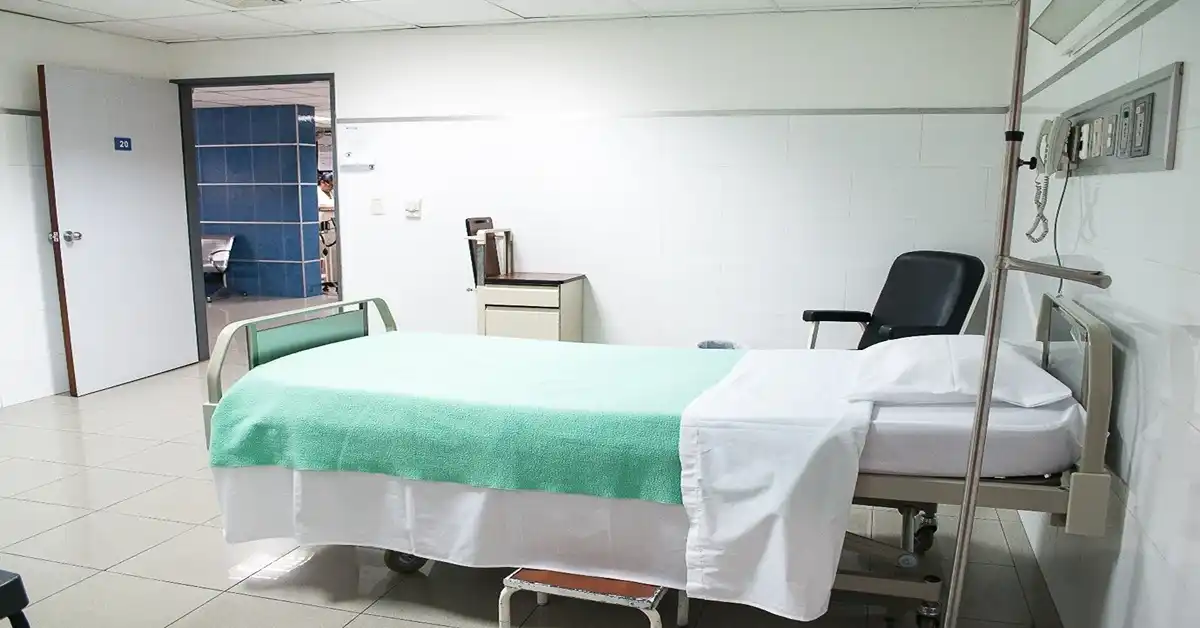A hospital acquired infection can be a devastating and unexpected complication for patients seeking medical treatment. These infections, also known as nosocomial infections, occur during a hospital stay and can lead to prolonged illness, additional medical expenses, and, in severe cases, even death.
If you or a loved one has suffered from a hospital-acquired infection, you may be wondering whether you have legal grounds to sue. Understanding medical negligence and the process of filing a claim can help you take the right steps toward seeking compensation.
What Are Hospital Acquired Infections?
A hospital acquired infection is any infection contracted in a healthcare setting. These infections can be caused by bacteria, viruses, or fungi and often spread through contaminated medical devices, unclean surfaces, or direct patient contact. Some of the most common hospital acquired infections include:
- Methicillin-resistant Staphylococcus aureus (MRSA)
- Urinary tract infections (UTIs)
- Clostridium difficile (C. diff)
- Sepsis
These infections can develop due to inadequate cleaning procedures, improper sterilization of medical equipment, or even delayed diagnosis and treatment by medical professionals. Patients with weakened immune systems or pre-existing conditions are particularly vulnerable.
When Is a Hospital Liable for a Hospital-Acquired Infection?
Not every hospital-acquired infection results from negligence, and proving liability can be complex. To establish a medical malpractice claim, a patient must demonstrate that the hospital failed to follow proper procedures, leading to the infection.
A hospital may be held responsible if:
- It failed to maintain a sterile environment, allowing infections to spread.
- Medical devices were not properly sanitized before use.
- Healthcare providers did not follow infection control protocols.
- A doctor failed to diagnose or treat an infection in a timely manner, leading to severe complications.
If any of these failures contributed to your hospital-acquired infection, you may have grounds for a medical negligence claim.
How Can You Protect Yourself from Hospital Acquired Infections?
While hospitals are responsible for maintaining safe environments, patients can also take precautions to reduce their risk of infection. Some preventive measures include:
- Asking about sterilization procedures for medical devices.
- Requesting frequent handwashing by medical staff before procedures.
- Monitoring for symptoms of infection and reporting them immediately.
- Understanding hospital policies regarding infection control.
By staying informed and proactive, patients can help ensure they receive the best possible care while reducing the risk of complications.
The Role of Legal Representation in Compensation Claims
If you’ve suffered harm due to a hospital-acquired infection, hiring an experienced medical malpractice attorney can be crucial. A skilled lawyer will:
- Assess whether negligence occurred.
- Gather medical records and evidence to support your claim.
- Negotiate settlements with the hospital or insurance company.
- Represent you in court if a settlement cannot be reached.
Having the right legal representation can make a significant difference in the outcome of your case.
How to File a Medical Negligence Claim
If you believe that a hospital-acquired infection was the result of negligence, follow these steps:
1. Contact a Medical Malpractice Attorney
Seek legal counsel from an attorney specializing in medical negligence cases. They can review your situation and determine whether you have a valid claim.
2. Gather Evidence
To strengthen your case, collect:
-
Hospital records related to your infection.
-
Documentation of medical treatments and costs.
-
Any correspondence regarding hospital safety protocols.
3. File a Formal Claim
Your attorney will file a legal claim against the hospital or healthcare provider, notifying them of the lawsuit.
4. Negotiate a Settlement
In many cases, hospitals prefer to settle rather than go to trial. Your attorney will negotiate on your behalf to seek compensation for medical expenses, future care costs, and other damages.
If you or a loved one has suffered due to a hospital-acquired infection, taking legal action may help you recover compensation and hold healthcare providers accountable. Consult a medical malpractice lawyer as soon as possible to explore your options.
Closing Thoughts
Hospital acquired infections are a serious concern for patients and their families. If you or a loved one has been injured due to medical negligence, understanding the legal implications of these infections is essential to ensure you receive appropriate compensation.
At Siri & Glimstad LLP, we are dedicated to helping families seek justice in medical malpractice cases. For help with this or any medical malpractice questions you may have, fill out the form here to schedule a time to speak with a qualified medical malpractice attorney. It has never been more important to have a knowledgeable and compassionate advocate on your side.

